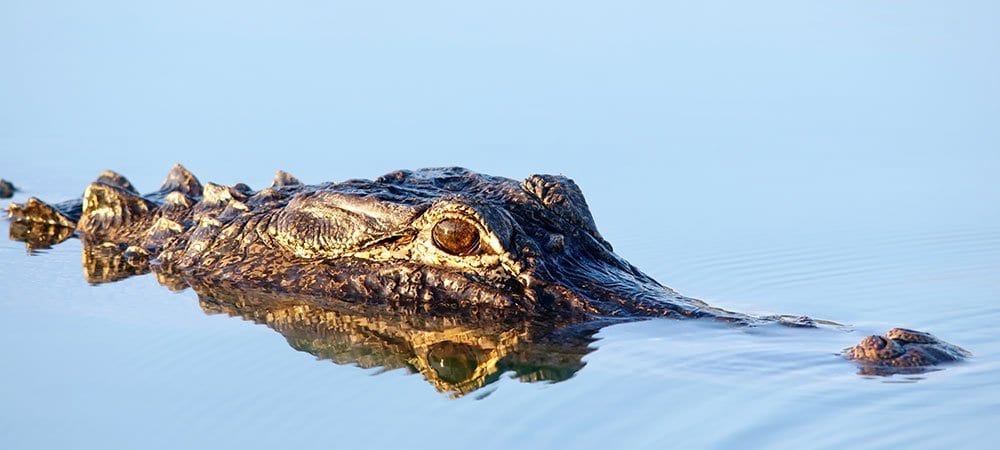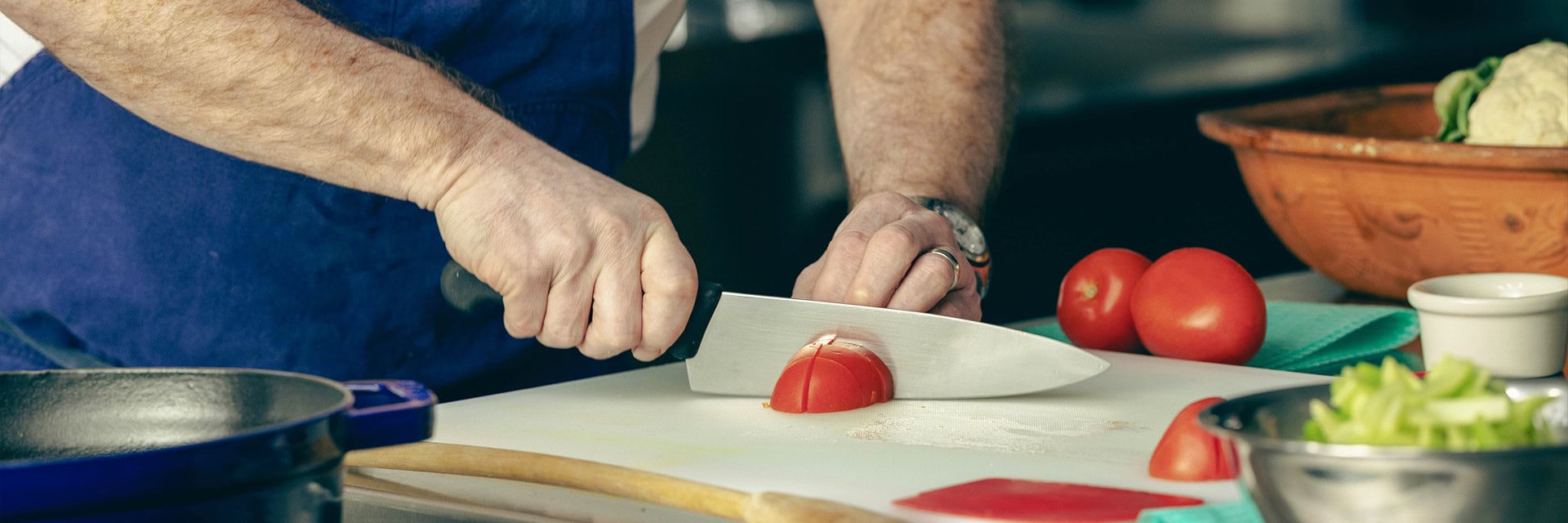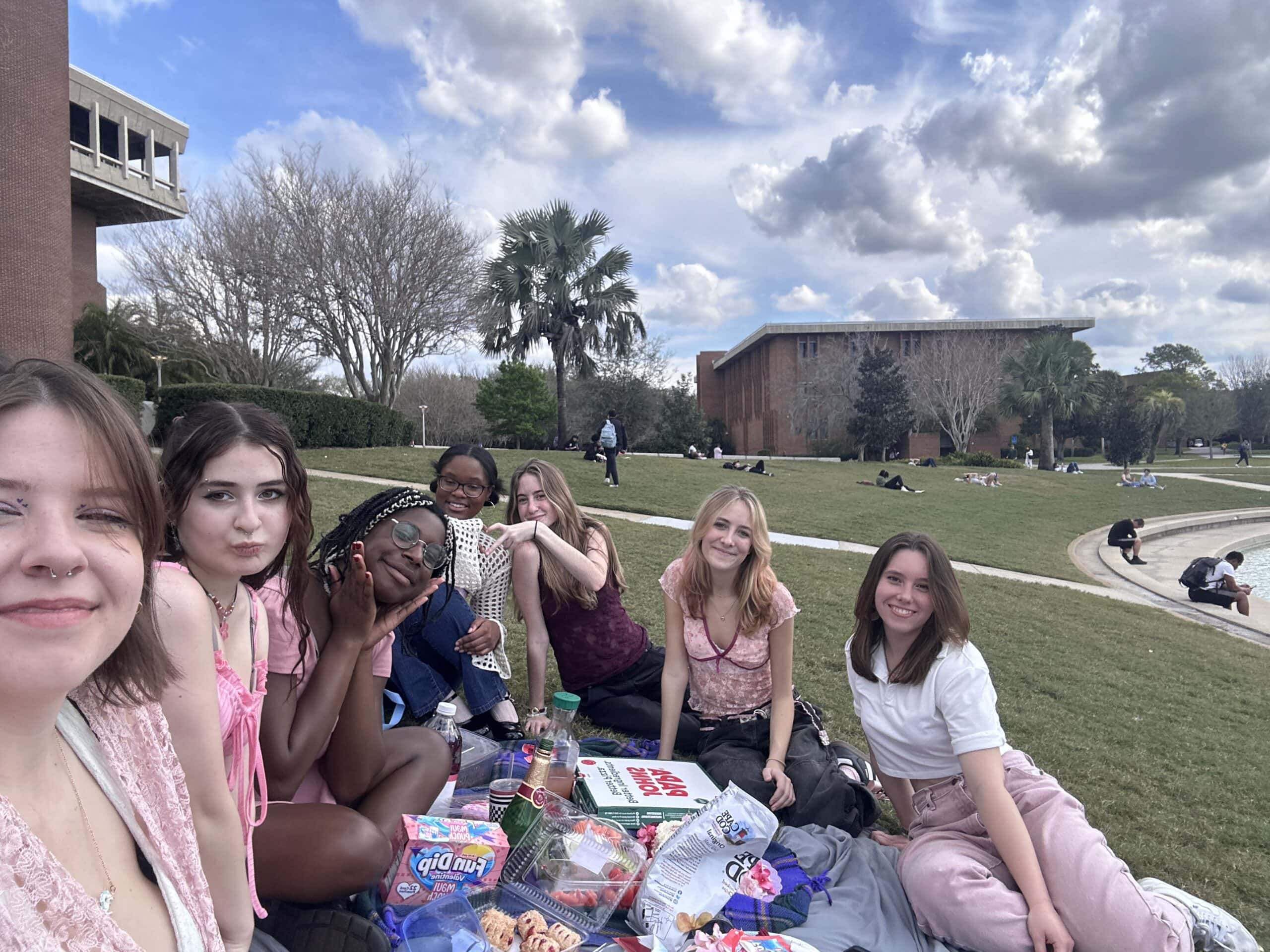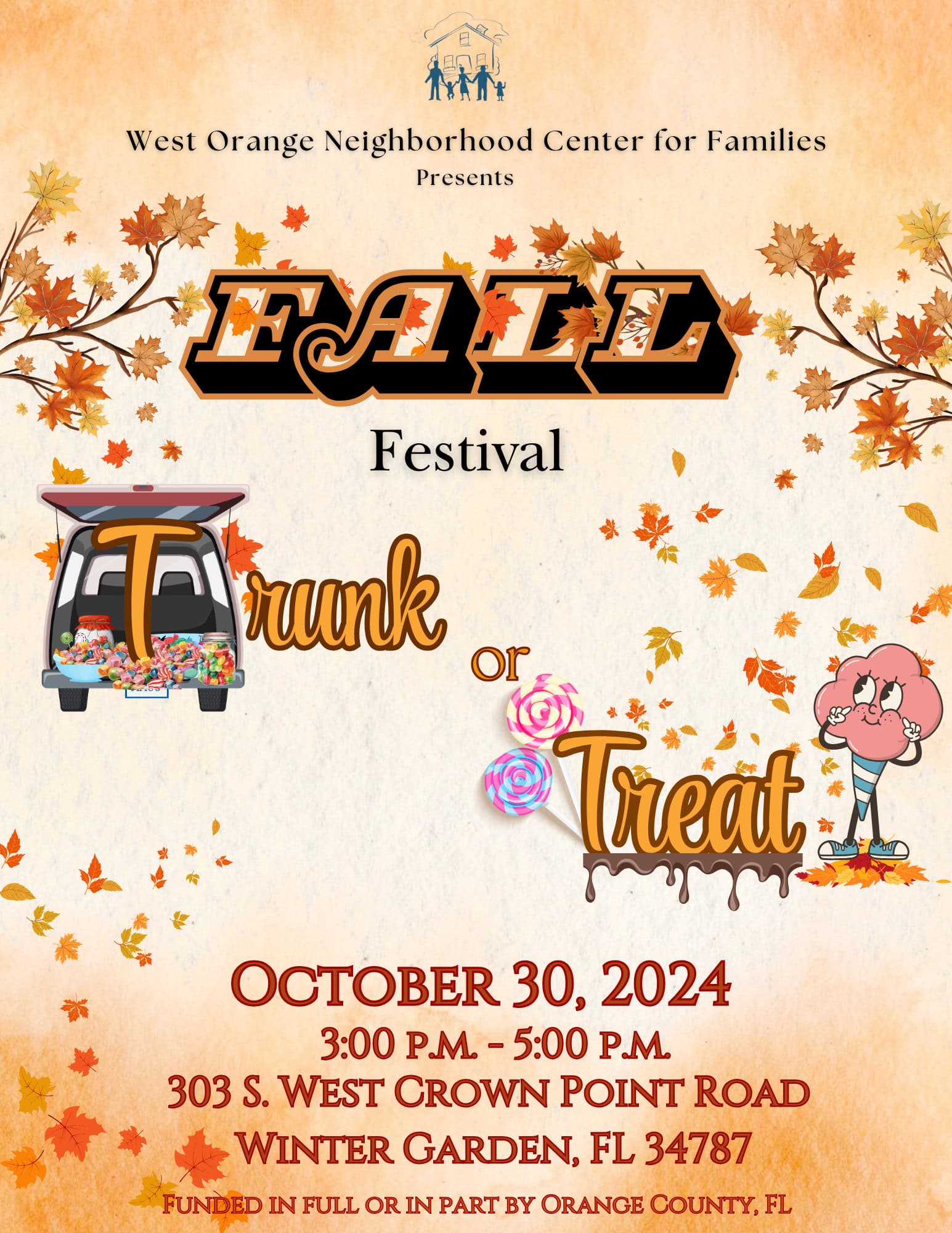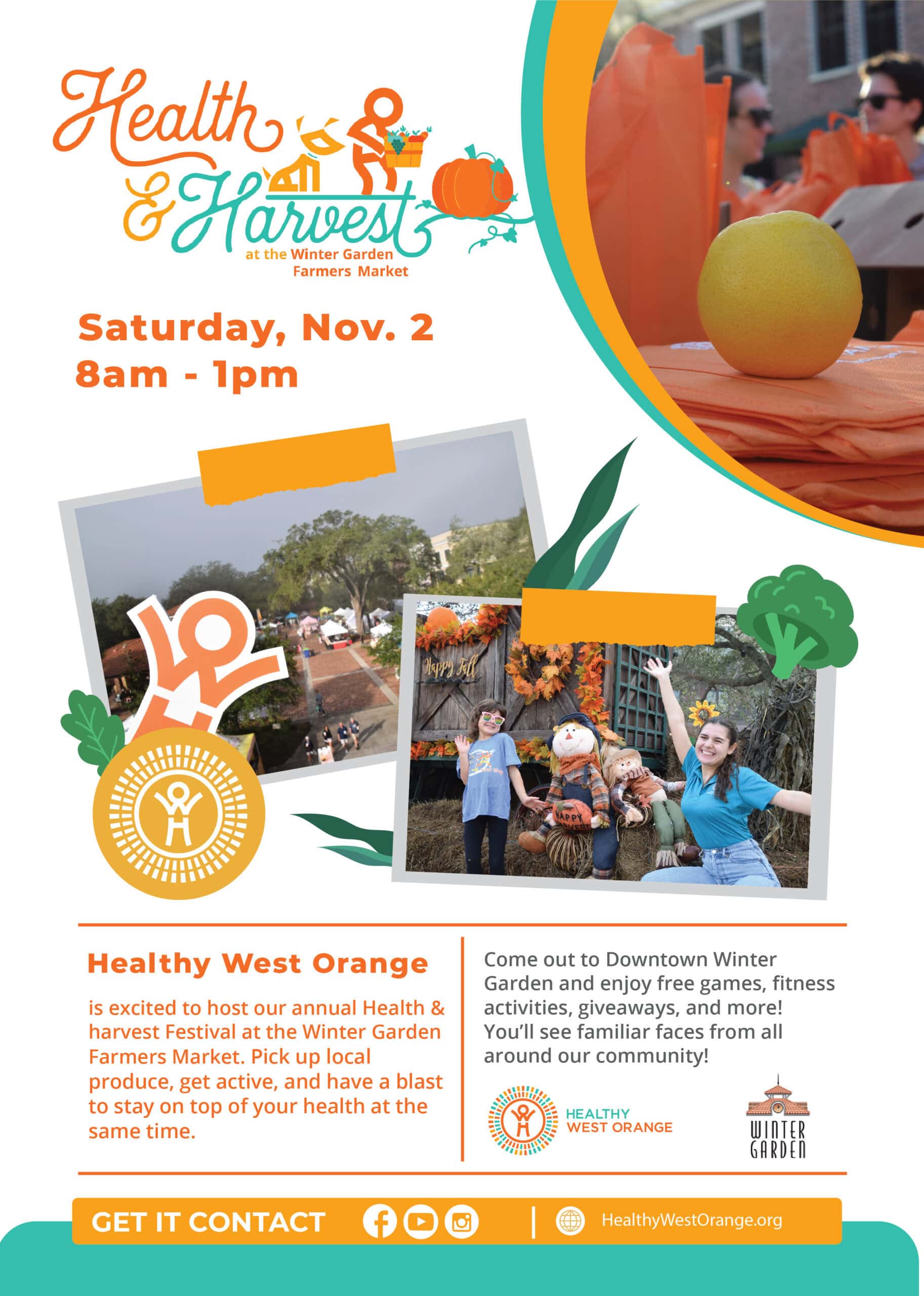Staying Safe While Coexisting with Florida Wildlife
Alligators, Panthers, and Bears…Oh My!
Florida is well known for it’s array of potentially dangerous wildlife. With such a diverse range of species you might encounter, from the regal and highly endangered Florida panther to the tiny and likewise endangered Santa Rosa beach mouse, wildlife actively share many of the spaces we may be using to have fun this summer.
When outdoors, remember that you are traversing their habitat. Walk slowly. Never feed or approach any wild animal, as desensitization to humans may result in harm to a human and will result in an animal’s death.
Alligators
Yes, we have them, and yes, you’ll see them. But alligators are rarely a threat to humans, unless they’ve been fed and associate you with a food source. Never throw your food scraps into a body of water (pack them out or get a friend to eat the leftovers!) and don’t bring a dog along if you’re hiking into a swampy area. Most alligators move out of your way when they hear you coming. But if an alligator is on the footpath and refuses to move after you’ve made a lot of noise, don’t walk up close to it. Give it a wide berth, circling around its tail end so it doesn’t feel trapped or threatened. Avoid filtering water at dawn or dusk, since the profile of a hiker bent over a canal or stream looks a lot like a deer from an alligator’s perspective.
Bears
A subspecies of the Eastern black bear, the full-‐grown Florida black bear rarely tops 350 pounds, and will quickly move out of your way if it sees or hears you. Bears tend to be most active at dawn and most commonly seen browsing patches of blueberries and blackberries in fruit. There has never been a report of a Florida black bear attacking a human, although bears that have become habituated to human presence will raid garbage cans. Consider “bear bagging” your food in bear country.
Panthers
A subspecies of cougar, the Florida panther has been making a slow but steady comeback in their stronghold in Big Cypress and the Everglades, with sightings of individual cats reported by hikers throughout the state. No panther has caused harm to humans in modern times. If you see one, consider yourself fortunate. If you encounter an injured or dead panther, contact the U.S. Fish and Wildlife Service as quickly as possible with information on the animal’s location and condition.
Snakes
Florida has four species of poisonous snakes: the cottonmouth, an aggressive snake that prefers swampy areas; the rattlesnake (diamondback, timber, and pygmy), which can be found in upland or swampy areas; the southern copperhead, and the eastern coral snake. Most snake bites occur because someone attempted to handle a snake or got within the snake’s “strike zone.” If you encounter a snake, treat it with respect—give it a wide berth.
Remember that Florida’s local wildlife is also having fun in the sun this summer, so be sure to keep an eye out and respect their habitats as they share their home with you!
Award Winning Farmers Market
The market has grown steadily over the years and now hosts up to 130 vendors and draws over 5,000 people on any given Saturday. The award winning Winter Garden Farmers Market is the largest community farmers market in the Southeast. It continues to be referred as “America’s Favorite Famers Market” with a growing crowd of locals and visitors over the past eight years.
Journey out to the Winter Garden Farmers Market next Saturday between 9:00am and 2:00pm at the Downtown Pavilion in Winter Garden. Whether you want to fly solo or bring the family, you’re sure to have some fun!
For more information visit them at the Winter Garden Farmers Market website.

